The Essential Documents Required for a Hard Money Loan
Applying for a hard money loan can seem daunting, but it’s all about being prepared. From bank statements to title documents, lenders require a range of documents to assess your creditworthiness and the viability of the property investment. The purpose of this blog post is to help you navigate the documentation process, understand why each document is necessary, and ensure a smooth and successful loan application.
THREE MONTHS OF BANK STATEMENTS
To get a snapshot of your current financial status, lenders will require at least three months of your most recent bank statements. This provides them with an understanding of your cash flow, financial commitments, and your ability to repay the loan. It helps them assess the level of risk involved in lending to you.
THE ALLURE OF OWNER FINANCING
Owner financing is not without its charm, offering a unique set of benefits:
Easier Qualification: As it bypasses the typical bank scrutiny of credit scores and financial history, owner financing often provides a more accessible pathway to property acquisition.
Speedy Closing: The absence of a protracted bank approval process usually leads to faster closing, enabling the investor to secure the property more swiftly.
Negotiable Terms: The buyer and seller can tailor the loan terms, such as payment schedule and interest rate, to their mutual convenience, often resulting in a uniquely advantageous financial setup.
Lower Closing Costs: Closing costs are typically lower in owner financing deals as they exclude bank fees and appraisal costs.
BORROWER EXPERIENCE SHEET
A borrower experience sheet is a document that summarizes your experience as a real estate investor. It typically includes details such as the number of properties you have bought, renovated, and sold. This sheet is crucial for lenders as it demonstrates your ability and experience in managing real estate projects, thereby minimizing their risk.
CREDIT REPORT
Your credit report gives lenders a comprehensive view of your credit history. It includes information such as the number of open accounts, total levels of debt, and repayment history. Lenders use this document to assess your creditworthiness and your ability to repay the loan.
ENTITY DOCUMENTS
These documents verify the existence and good standing of your business. They include the certificate of formation, certificate of filing, certificate of good standing, operating agreement, and IRS SS-4 Form. These documents provide a legal assurance to lenders that your business is legitimate, in good standing, and authorized to borrow money.
DWELLING & FLOOD INSURANCE
Dwelling and flood insurance are required to protect the property (which serves as collateral for the loan) from potential damages. The dwelling insurance covers damages due to common hazards like fire and theft, while flood insurance covers flood-related damages. Lenders need to ensure that their investment is secured against potential threats.
GOVERNMENT ID
A government-issued identification document, such as a driver’s license or passport, is necessary to verify your identity. This is a standard requirement to prevent identity theft and fraudulent activities.
PURCHASE CONTRACT
The purchase contract is a legal agreement between the buyer and seller that outlines the terms and conditions of the property sale. Lenders require this document to ensure the legality of the transaction and to understand the terms of the property purchase.
SCOPE OF WORK AND BUILD PLANS
The scope of work detailS the renovation or construction plan and its associated costs. These documents allow lenders to assess the viability and profitability of your project. They also give assurance that the loan will be used for its intended purpose.
If the project is a new construction project, the build plans will be required to obtain a valuation and to ensure that what you are building matches the plans.
TITLE DOCUMENTS
Title documents such as a commitment, closing protection letter, and tax certificate provide evidence of legal ownership, verify that the property is free from liens, and ensure that property taxes have been paid. These documents safeguard the lender’s investment by ensuring that the property used as collateral is legally available and not encumbered by other claims.
In conclusion, the documentation process for a hard money loan can seem extensive, but each document serves a vital purpose in protecting both the borrower and the lender. By providing a comprehensive understanding of your financial situation, your real estate experience, and the property at hand, these documents enable lenders to make informed and confident decisions about your loan application.




